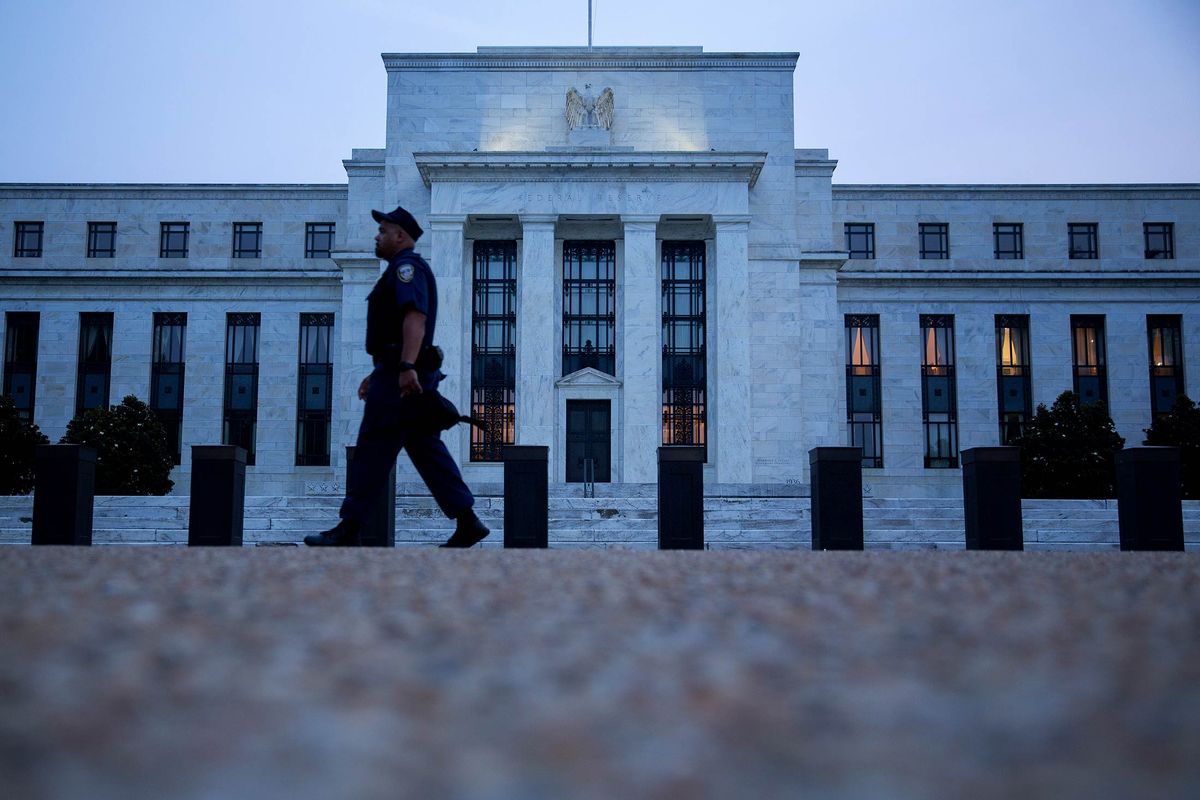The Federal Reserve’s inspector general says it will be ending its investigation into the 2012 release of confidential information. Even after the scandal cut short the career of one top Fed official, the answer to the most important question remains a mystery.
Who did the initial leaking?
Richmond Fed President Jeffrey Lacker resigned abruptly Tuesday as he announced his role in the unauthorized disclosure of information to Medley Global Advisors about policy options that the central bank was considering in 2012. His explanation suggested he was confirming facts the Medley analyst already knew.
It was a sudden career stop for a Fed president who was frequently in opposition to the Fed board consensus on interest-rate policy, and the news will likely revive questions in Congress about the value of the central bank’s discretion and transparency.
“The story is not over today,” said Andrew Levin, a professor at Dartmouth College who was previously a special adviser at the Fed board and helped then-Vice Chair Janet Yellen develop the Fed’s policy on external communication. “There are a number of distinct details that suggest that Lacker wasn’t the main source of information.”
Aaron Klein, a fellow at the Brookings Institution and the former chief economist on the Senate Banking Committee, said the Lacker statement “is not a full and complete accounting of what happened.”
“The Fed, internally and its inspector general, would be wise to fully explore every aspect of what happened here because today’s actions and statements by Lacker raise more questions than they answer,” he said.
‘Crossed the Line’
Lacker’s carefully worded statement, distributed by his attorney, said he “crossed the line to confirming information that should have remained confidential.” The investigation into Lacker has concluded and no charges will be brought against him, the attorney said.
He also said the Medley analyst “introduced into the conversation an important non-public detail” about one of the policy options under consideration. Lacker says he didn’t decline to comment “and the interview continued.”
His statement doesn’t suggest that he tipped the Medley analyst initially. Indeed, the Fed board’s own investigation said “a few Federal Reserve personnel” had contact with the Medley analyst.
The leak was first probed by the Fed’s general counsel, and then by the Office of Inspector General, a congressional subcommittee, the U.S Attorney’s Office for the Southern District of New York and the Federal Bureau of Investigation.
A spokesperson for the House Financial Services Committee said its investigation is ongoing and declined further comment.
The Fed’s inspector general said Tuesday that it will be “concluding its investigation” into the leak. In its own short statement, the Fed Board said it cooperated with law enforcement and appreciates “the diligent efforts made to bring this matter to its conclusion.”
Fed Legislation
Whatever the outcome, the timing of the scandal isn’t good for the Fed. House Republicans have floated several bills in recent years aimed at curbing the Fed’s independence and forcing the central bank to disclose and abide by a policy rule.
“It certainly does not diminish the risk that their independence will be curtailed,” Roberto Perli, partner at Cornerstone Macro LLC in Washington, said of the Lacker announcement. “I would expect Yellen to be asked about it, and probably this effects the way the Fed communicates with the outside world.”
For monetary policy, Lacker’s departure “means virtually nothing” because he’s a non-voter on the Federal Open Market Committee this year and his was never a swing vote, Perli said.
At the same time, many Republicans were fans of Lacker, a bailout opponent and consistent monetary policy hawk who was worried that leaving rates too low for too long would fuel inflation.
“The Republicans have been the aggressive side on Congress trying to seek the exposure of the leak, and it turns out that their favorite guy” was involved, said Peter Conti-Brown, a Fed historian and assistant professor at the University of Pennsylvania. “If it were coming from somebody else, the institutional ramifications are pretty straightforward: but Lacker has a lot of friends among the Republicans.”
Ultimately, the original leaker may never be revealed even if the IG’s office has found the culprit. The IG’s website states that “unlike audit or evaluation reports, and consistent with the practices of other law enforcement agencies, closed investigative reports are not made public.”
The website also says, “significant investigative results and other investigative statistics” are reported to Congress.
Click here to view original web page at www.bloomberg.com













